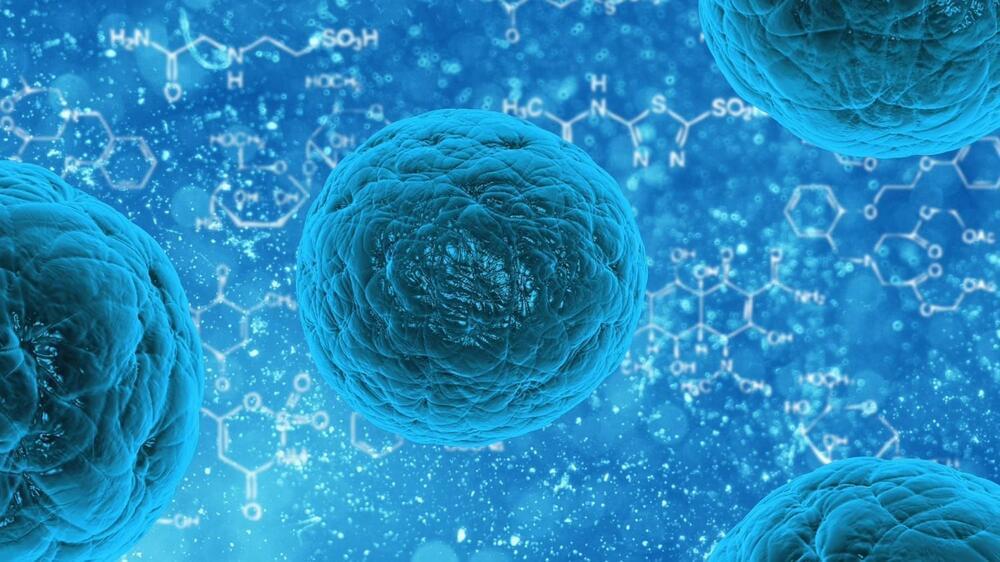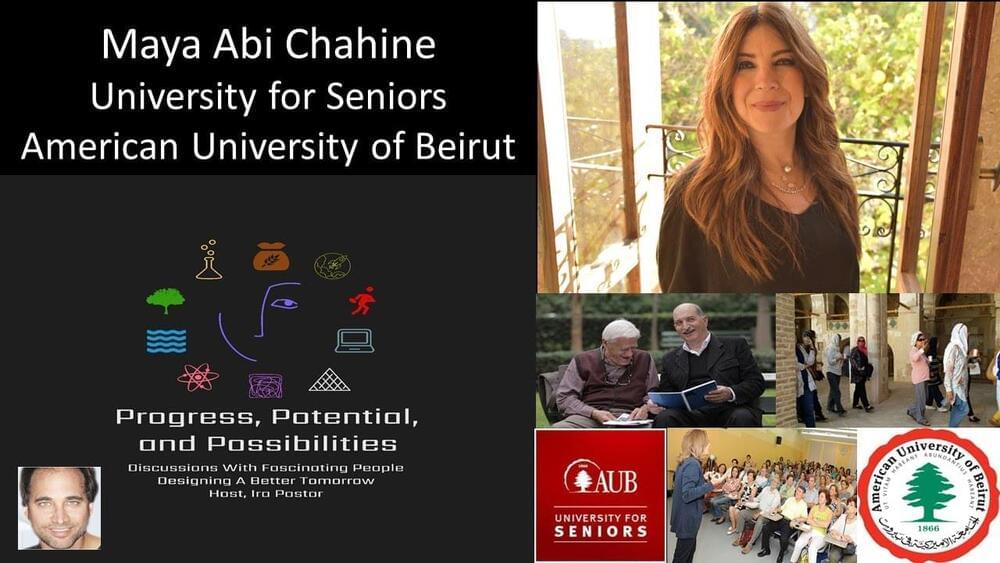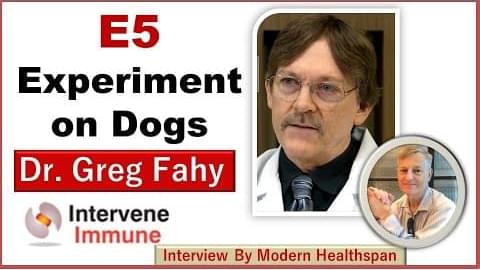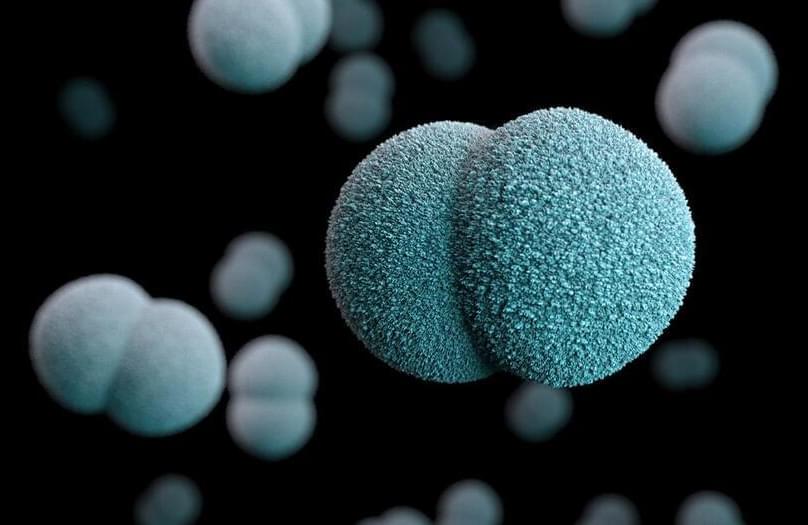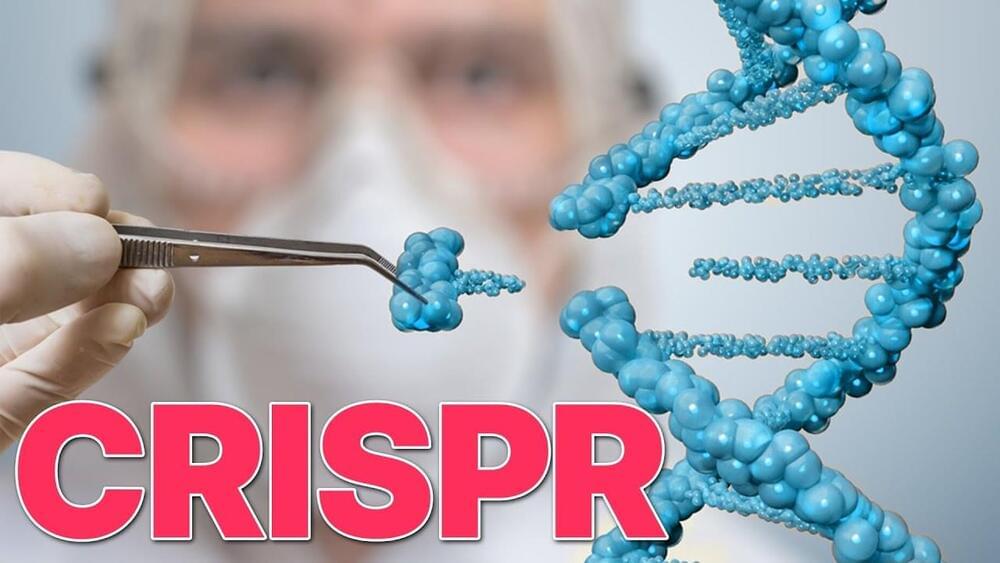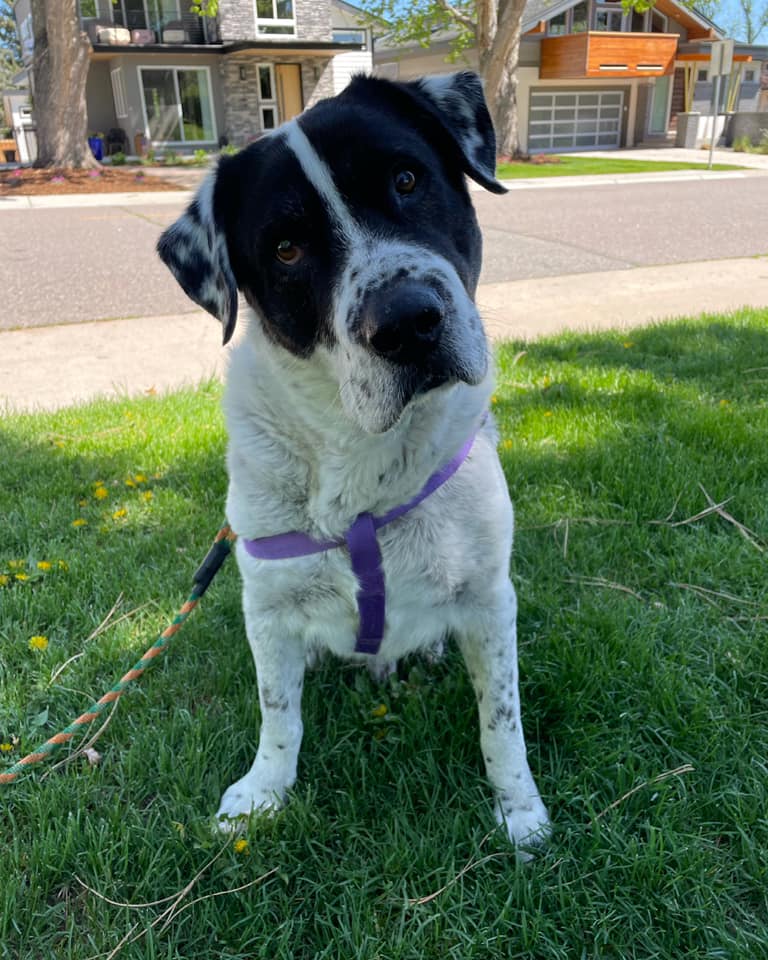Aug 20, 2021
Researchers reveal new insights on mechanism that could help treat muscle-related diseases
Posted by Jason Blain in categories: biotech/medical, chemistry, life extension, neuroscience
Investigators who previously developed a recipe for turning skin cells into primitive muscle-like cells that can be maintained indefinitely in the lab without losing the potential to become mature muscle have now uncovered how this recipe works and what molecular changes it triggers within cells. The research, which was led by scientists at Massachusetts General Hospital (MGH) and is published in Genes & Development, could allow clinicians to generate patient-matched muscle cells to help treat muscle injuries, aging-related muscle degeneration, or conditions such as muscular dystrophy.
It’s known that expression of a muscle regulatory gene called MyoD is sufficient to directly convert skin cells into mature muscle cells; however, mature muscle cells do not divide and self-renew, and therefore they cannot be propagated for clinical purposes. “To address this shortcoming, we developed a system several years ago to convert skin cells into self-renewing muscle stem-like cells we coined induced myogenic progenitor cells, or iMPCs. Our system uses MyoD in combination with three chemicals we previously identified as facilitators of cell plasticity in other contexts,” explains senior author Konrad Hochedlinger, Ph.D., a principal investigator at the Center for Regenerative Medicine at MGH and a professor of medicine at Harvard Medical School.
In this latest study, Hochedlinger and his colleagues uncovered the details behind how this combination converts skin cells into iMPCs. They found that while MyoD expression alone causes skin cells to take on the identity of mature muscle cells, adding the three chemicals causes the skin cells to instead acquire a more primitive stem cell–like state. Importantly, iMPCs are molecularly highly similar to muscle tissue stem cells, and muscle cells derived from iMPCs are more stable and mature than muscle cells produced with MyoD expression alone.
